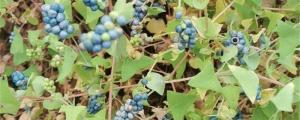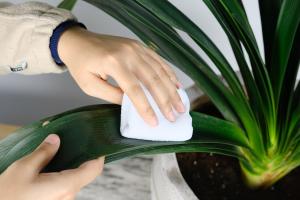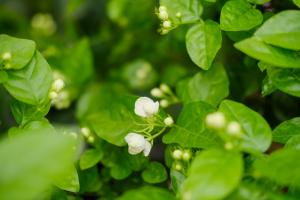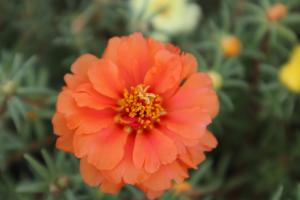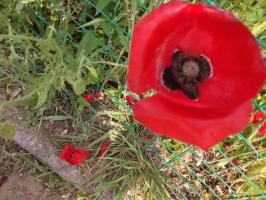1、 Seed taking
The health of seeds is closely related to the mother. When taking seeds, we should choose the seeds from trees that grow healthily, have no disease and bear more fruits. The fruit is generally mature in late autumn around November. From the appearance, it is mature if it is reddish brown
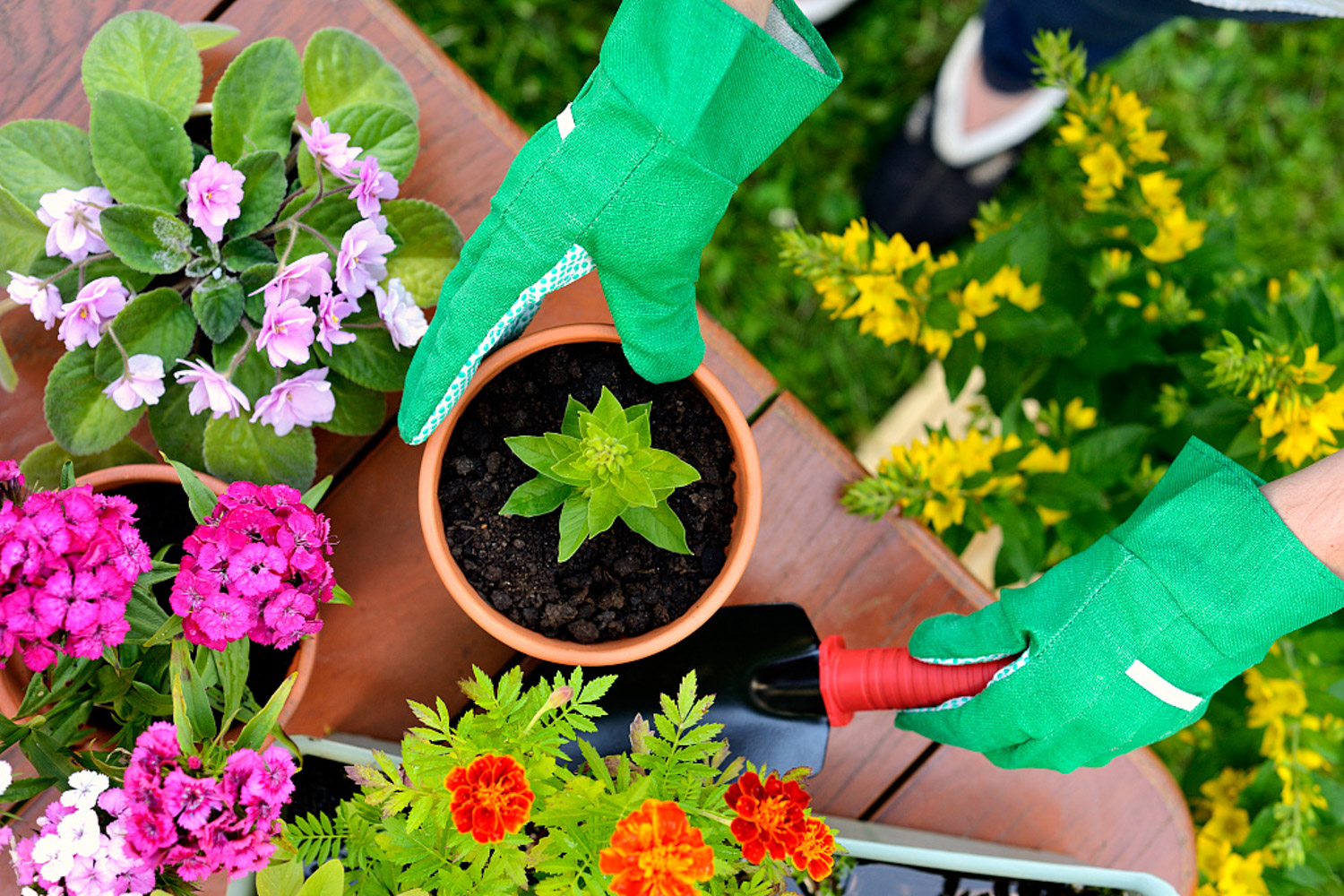
2、 Seed treatment
The picked fruit will be soaked in water for seven or eight hours, and then rubbed by hand. The peel and pulp will be washed away with it, leaving seeds. After standing for a period of time, the floating seeds (shriveled) and impurities will be dumped together. The sinking mature seeds will be dried and stored in cloth bags or in sand
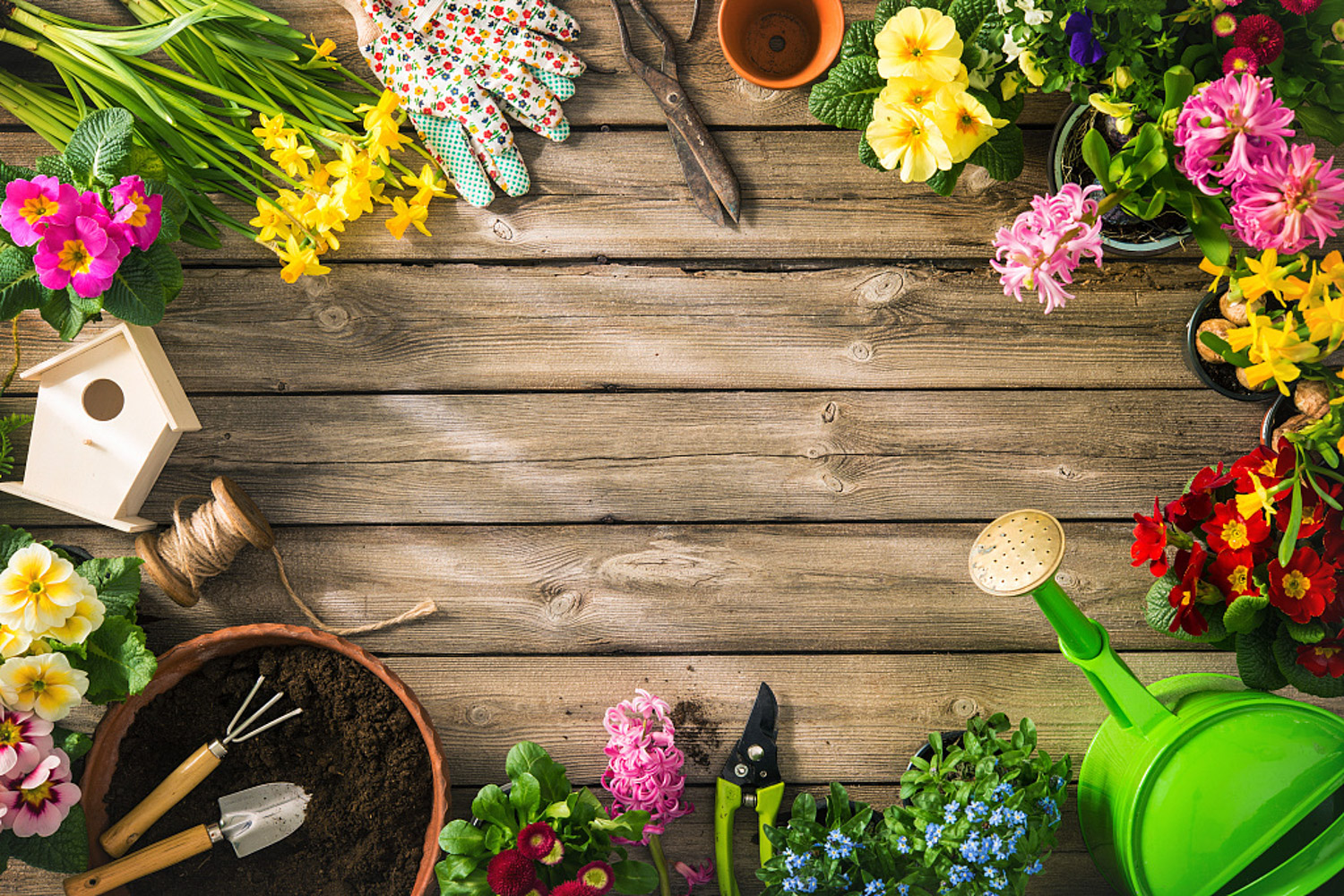
3、 Sowing method
1. Sowing can be carried out in February of the next year. The seeds stored last year were soaked in warm water for seven or eight hours, and the water temperature was stable at about 45 ℃. After soaking, take it out, wet the river sand, and put the seeds into the sand for germination. Cover it with plastic film
2. Select a piece of soft and fertile land with sunny location, small wind and light feet, and clean up the large stones and other impurities in the soil. The soil is sandy soil. When choosing land, it's best to start processing in the previous year, so that after the low temperature in winter, you can kill many germs, diseases and pests and prepare for this year. 3. Integrate the land into a north-south seedbed and use carbendazim to kill viruses. Then pour fertilizer on it. When the radicle of the seed in the above catalysis grows to one centimeter, it can be sown
4. When sowing, pinch off part of the radicle and sow seeds every 9 cm. Finish the thin soil of the upper half centimeter of the back cover, and pour water with a watering can to make the soil wet. Because the temperature rises in spring, you can pull a shading net or build a shading shed to prevent the seedlings from being sunburned by the sun
5. After the seedlings grow stably, thinning should be carried out. Just leave strong plants

 how many times do yo...
how many times do yo... how many planted tre...
how many planted tre... how many pine trees ...
how many pine trees ... how many pecan trees...
how many pecan trees... how many plants comp...
how many plants comp... how many plants can ...
how many plants can ... how many plants and ...
how many plants and ... how many pepper plan...
how many pepper plan...
